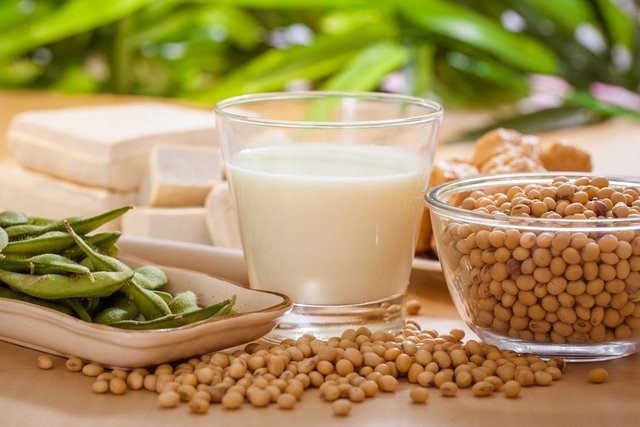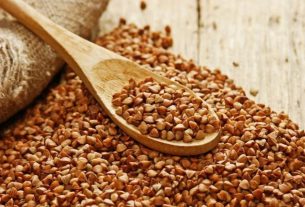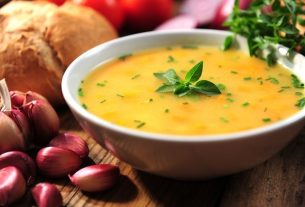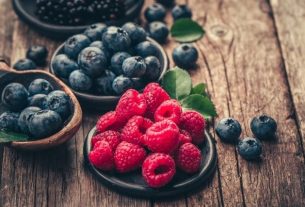Genistein is part of a group of compounds called isoflavones, which are present in soybeans and some other foods such as beans, chickpeas and peas.
Genistein is a powerful antioxidant and, therefore, has several health benefits, from inhibiting the growth of cancer cells, to preventing and helping to treat some degenerative diseases such as Alzheimer’s.
Although genistein can be consumed through food sources, it can also be ingested in supplement form, which can be found in supplement and health food stores.
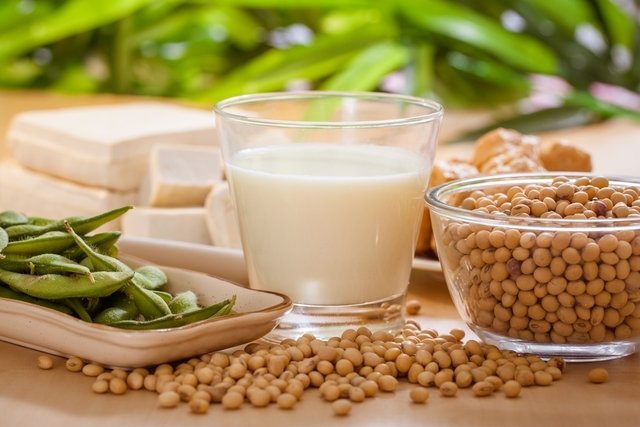
Regular consumption of good amounts of genistein brings the following health benefits:
1. Protect against cancer
Genistein has been proven to have a protective effect mainly against breast, colon and prostate cancer. In women who still menstruate, it works by regulating excess estrogen hormone, which can end up causing changes in cells and cancer.
2. Reduce menopause symptoms
In women who are going through menopause, genistein acts as a compound similar to estrogen, which alleviates menopausal symptoms, especially excessive heat, and reduces the risk of cardiovascular diseases and osteoporosis, which are frequent consequences of post-menopause.

3. Reduce cholesterol
Genistein is a potent antioxidant that works by reducing levels of LDL cholesterol in the blood, which is bad cholesterol, and increasing levels of HDL, which is good cholesterol. This effect protects blood vessels against the appearance of atherosclerosis, which are fatty plaques that clog blood vessels and cause problems such as heart attack and stroke.
4. Strengthen the immune system
Genistein and other isoflavones are powerful antioxidants, which is why they work to strengthen the immune system and bring benefits such as preventing cellular changes that lead to cancer, reducing the loss of proteins in the body and regulating the cell life cycle.
These effects, in addition to preventing diseases, also help prevent premature aging and the increase in expression marks on the skin.
5. Diabetes prevention
Genistein works by stimulating the production of insulin, a hormone responsible for stimulating the reduction of blood sugar levels. This effect occurs both with supplementation of soy protein itself and with the use of tablets with its flavonoids, which must be taken according to medical advice.
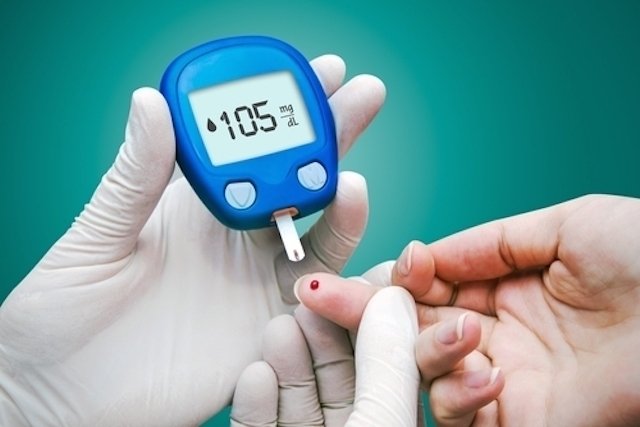
Recommended amount of genistein
There is no specific quantity recommendation for genistein. However, there is a daily recommendation for the intake of soy isoflavones, which include genistein, which varies between 30 and 50 mg per day.
In any case, it is always important to have a doctor’s guidance when using any type of supplement.
Food sources of genistein
The main sources of genistein are soybeans and their derivatives, such as milk, tofu, miso, tempeh and soy flour, also known as kinako.
The following table shows the amount of isoflavones and genistein in 100 g of soy and its derivatives:
However, these concentrations vary according to the variety of the product, the growing conditions of the soybeans and their processing in the industry. See all the benefits of soy.

Sign up for our newsletter and stay up to date with exclusive news
that can transform your routine!
Warning: Undefined array key "title" in /home/storelat/public_html/wp-content/plugins/link-whisper-premium/templates/frontend/related-posts.php on line 12
Warning: Undefined array key "title_tag" in /home/storelat/public_html/wp-content/plugins/link-whisper-premium/templates/frontend/related-posts.php on line 13

